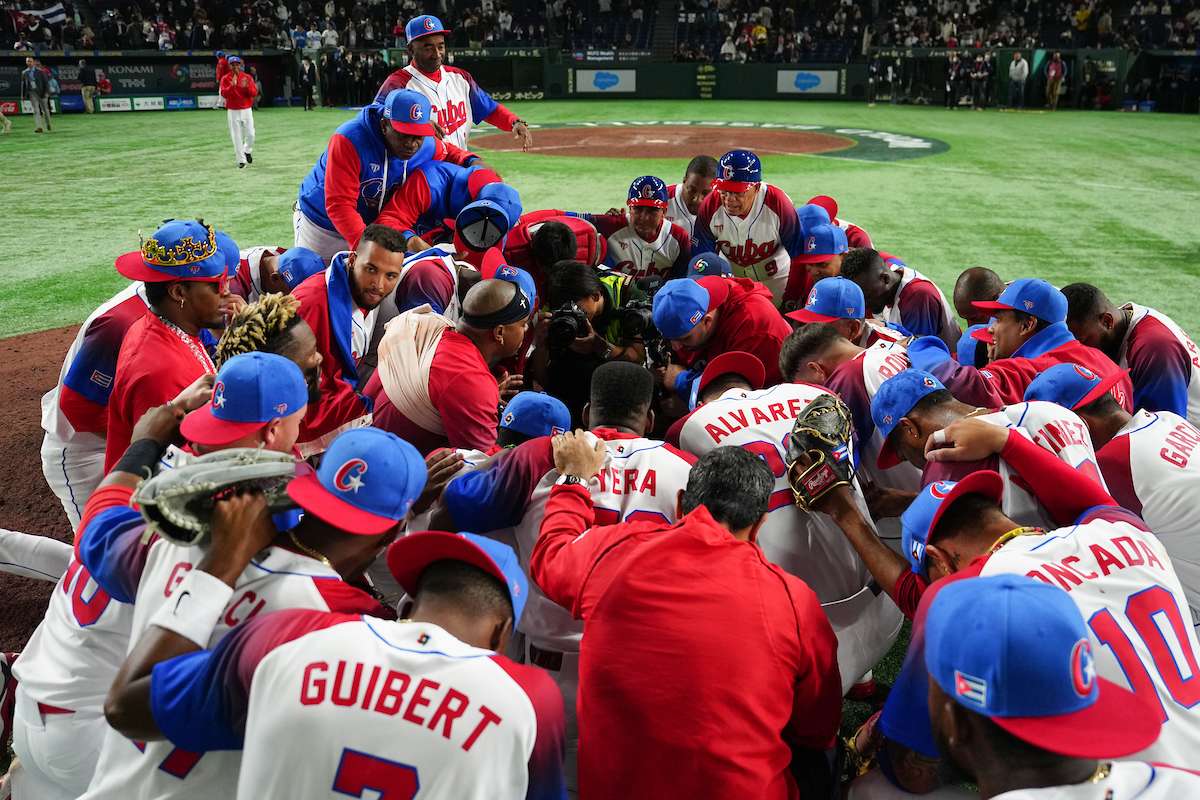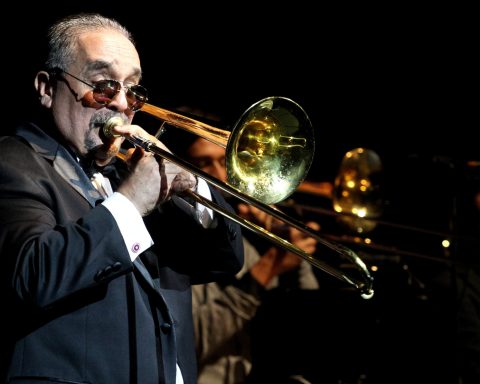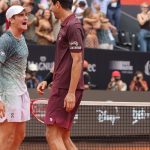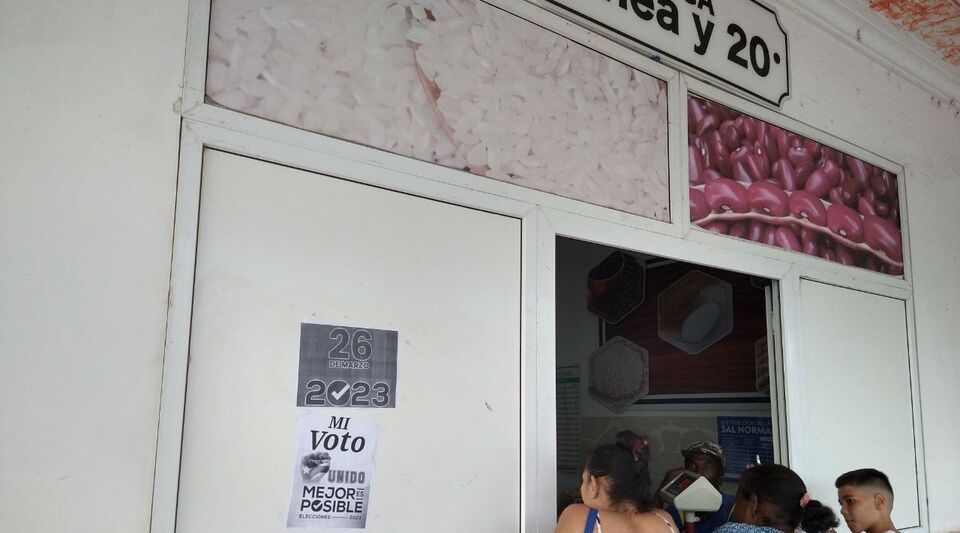Cuba was on the verge of not being part of the history of the World Baseball Classics, at least that indicated what happened in the inaugural edition of the contest. On December 18, 2005, two and a half months before the opening of the event, the US Treasury Department’s Office of Foreign Assets Control (OFAC) denied the island a license to compete. If the country obtained economic benefits with their participation, the blockade would be violated.
The roads seemed closed. However, after a series of complaints and negotiations, finally on January 20, 2006 Cuba was granted permission to participate in the tournament, where for the first time several of the main stars of the sport of balls and balls would meet. strikes under the flag of their respective nations.
“Cuba is back in the game,” read the headline of a article of Los Angeles Times for those days. He was celebrating the reversal of a decision that affected genuine competition over political issues. The work itself included statements by Democrat José Serrano, a member of the United States House of Representatives, who considered that sportsmanship could transcend political disputes.
“Allowing Cuba to play in this baseball tournament was the right decision, both for the fans and for international relations,” Serrano said then.
However, said authorization did not completely put a stop to political debates. Molly Millerwise, then spokesperson for the Treasury Department, assured that the license granted did not limit “the legal scope or the spirit of the sanctions against Cuba,” since it did not contemplate that any financing would reach “the hands of the regime” of Fidel Castro.
This was a very clear message after the Havana government, in order to make the team’s participation in the Classic viable, expressed its intention to donate the proceeds from said event to the victims of Hurricane Katrina, which had devastated the downtown area. -Southern United States in August 2005.
“Cuba is not licensed to receive any income from participation in the World Baseball Classic, so it will not have any income to donate to the victims of Katrina,” said Eric Watnik, spokesman for the Department’s Office of Western Hemisphere Affairs. of State.
said line was reiterated then by Patrick Courtney, Vice President of Public Relations for Major League Baseball (MLB). Courtney said, during the negotiations with Havana about the participation of the Antillean team in the Classic, that it was “clear as day” that Cuba would not receive any part of the profits. Not even for charity.
In the midst of all this crossover, the Cuban squad played in the first World Classic and finished in second place after losing to Japan in the crown dispute. Before, they had impressed the world after getting past the two initial rounds and the semifinal, defeating teams packed with professionals such as Venezuela, Puerto Rico and the Dominican Republic.
According to the regulations established by the organizers, this performance would allow him to take 7% of the economic benefits of the event, but that never happened. In the end, the Cuban Baseball Federation did not receive any award, so the donation to the victims of Katrina was not consummated either.
On the other hand, the players of the team did receive awards, but by the Cuban State itself, from which they received an amount close to 10,000 dollars in total. This was confirmed to OnCuba three players from that team, who asked to remain anonymous.
What happened to the money that was due to Cuba for its performance in the first Clásico is still unknown. In 2006, MLB officials noted that “if there were unallocated net proceeds, they would consider a donation to a charitable or humanitarian cause to be determined.”

However, no further information was disclosed about the destination of what Cuba earned for its performance on the ground. None of the organizations or funds to which the money was supposed to be delivered have reported such donations.
In 2009 and 2013, Cuban baseball players also did not earn a penny for their participation in the editions of the Classic, despite the fact that they earned a million dollars in each of the events for advancing to the second round and finishing at the top of their league. qualifying group. According to the testimony of some players included in those teams, it was explained to them that this money would be frozen in the United States due to the blockade restrictions.
In 2017, although Barack Obama was no longer president of the United States, the changes in his policy towards Cuba had not yet been reversed. At that time, an agreement was being negotiated from the island to normalize the flow of players to the MLB, which made it possible to find ways for the Antillean players to get paid for their performance in the fourth Classic.

In said contest, Cuba theoretically earned around 700,000 dollars for advancing to the second round behind Japan in group B. At least part of that money was actually collected through an account set up by the World Confederation of Baseball and Softball to receive the money from MLB, according to the anonymous account of two members of the national team in 2017.
These players claim that they earned about $11,000 each shortly after the tournament, not counting the pocket money ($100 a day) that the organizers gave them (as well as the rest of the teams) during the competition in Tokyo.
On this matter, it is unknown if the Classic only deposited the players’ money or if it also paid its part to the Cuban Federation, which legally could not receive direct economic remuneration, since it violates the blockade regulations. In this regard, the Cuban authorities have never made an official statement.

Six years later, relations between Cuba and the United States have reached a point of absolute tension. Only in the field of baseball, the administration of Donald Trump canceled in 2019 the agreement signed months before between MLB and the Cuban Federation in order to normalize the flow of Antilles players to northern professional circuits without this representing breaking ties with the movement national sports. In mid-2021, he endangered the Caribbean participation in the Pre-Olympic of the Americas in Florida due to difficulties in obtaining a visa.
On the other hand, in December of last year, Cuba was required to obtain a special license to summon professional baseball players residing in the United States for the V World Classic, which was considered by the island’s authorities as “discriminatory treatment.” Previously, the island had requested another special permit just to participate in the fight.
Under these conditions, one would assume that there would be no changes regarding the distribution of profits from participating and the sports results in Cuba. In fact, a spokesperson for the Treasury Department told the The New York Times last week that “the Cuban Federation and its players cannot receive any income or prize money from the WBC (Clásico) under the licenses.”
However, Juan Reinaldo Pérez Pardo, national commissioner and president of the Cuban Federation, told Marti News in Miami, before the semifinal duel against the United States, that MLB requested a license from OFAC so that the island could compete with the same rights as the others.

“There has been a lot of speculation about that, but the negotiations that have been carried out from the beginning and the permits that have been issued establish that all Cuban athletes receive the same benefits that the rest of the baseball players receive,” said Pérez Pardo, who He also gave hints about a possible payment to the Federation.
“It is something that has been talked about. It is not money that the Federation should receive directly in the hand for incomprehensible things. In the end, the money will be placed in a place (an account) defined by MLB”, added the federation.
Cuba accumulated a total prize of 1.5 million dollars in the fifth World Classic: 300 thousand for participating, 400 thousand for advancing to the second round, an additional 300 thousand for winning their group and 500 thousand for reaching the semifinals.
Half of that money goes to the players, who would receive around $26,000 each. That reported the independent journalist Francys Romero a few hours after the end of the Clásico. The reporter himself indicated that the payment to the Cubans should be made in the coming weeks, although the ways and methods to transfer the money are unknown, especially to those players who reside on the island.
Contrary to what happened on previous occasions, Cuba and its sports authorities should report with the greatest possible transparency on each of the steps of this process in order to avoid speculation, suspicions and attacks.
Follow the coverage here OnCuba:
















